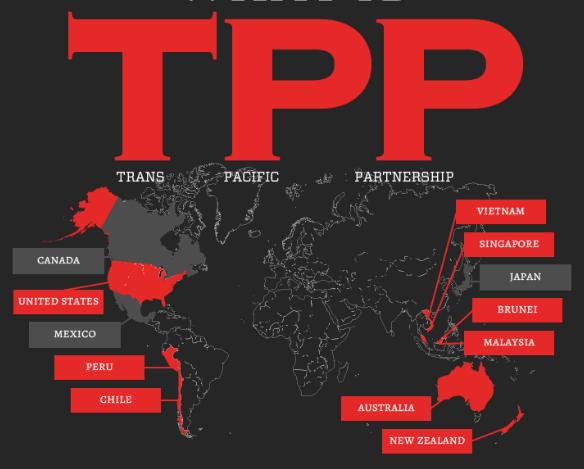We are faced here with a terrifying false dilemma because we refuse to recognize the bigger picture that includes the history of capitalism in relation to the system of sovereign nation-states. In the past several decades, the globalization inherent in capitalism has gone off the charts in its drive to colonize the entire world economy in the service of private corporate profits for the 1% who own and control these corporations.
Scholars commonly define “globalization” as “a multifaceted process that includes foreign investment, information exchange, and world cultural commercialization, as well as integration of trade and production” [1]. Karl Marx himself had characterized capitalism as having an intrinsic necessity to expand, turning everything, all things and relationships, into mere commodities in the service of private profit [2]. James Petras and Henry Veltmeyer conclude that “globalization grew out of the barrel of a gun–a gun wielded, pointed and fired by the imperial state”[3].
The facts have long been known, for example, concerning the negative effects of the North American Free Trade Agreement (NAFTA) on jobs, democracy, and the environment, and the immense benefit for the tiny elite who run multinational corporations involved. In its April 2015 bulletin, Public Citizen summarizes these effects and the clauses in the agreement that underlies them [4]. The coming Trans-Pacific Partnership only intensifies the conditions that privilege the controlling investors in multinational corporations and limit the ability of environmental, labor, or democratic institutions within those nations party to the agreement from having any significant impact on the profit margins of the corporations.

